ILLEGAL EXPORTS - THE BURNING ISSUE!
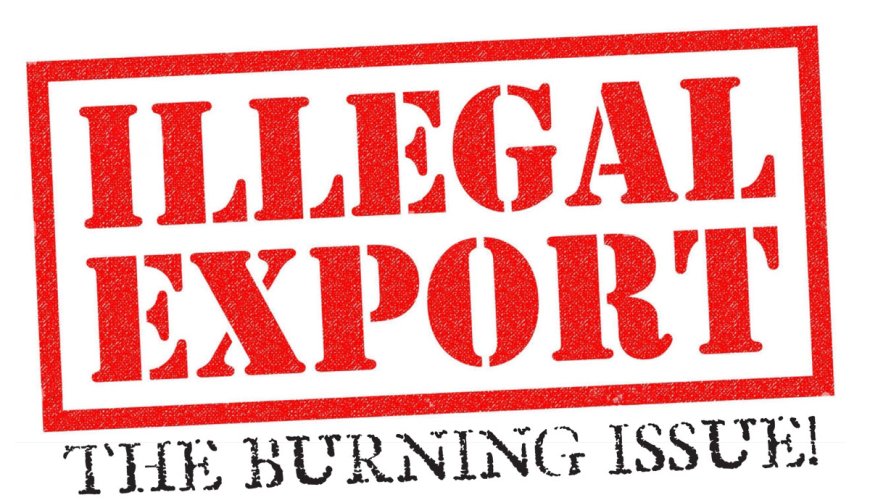
The construction equipment industry in India is grappling with a critical issue: the unauthorized export of machinery. This practice, while seemingly beneficial for short-term gains, presents a series of significant challenges for manufacturers, dealers, and financing companies. As these illegal exports continue to rise, it is imperative to address the multifaceted problems they cause and devise strategies to combat them effectively. As the construction industry continues to grow, safeguarding the interests of manufacturers and ensuring the safety and quality of equipment must remain paramount.
Illegal exports of construction equipment have emerged as a significant challenge, characterized by the unauthorized shipment of machinery, often facilitated by borrowers, without the necessary permissions from Original Equipment Manufacturers (OEMs). These illicit activities circumvent legal channels, undermining the regulatory framework and posing substantial risks to both manufacturers and end-users. Although the covert nature of these operations makes it difficult to quantify their full extent, industry insiders estimate substantial economic losses and potential compromises in equipment safety standards. The implications of such illegal exports are far-reaching, threatening the integrity and safety of the construction equipment industry.
The After-Sales Service Conundrum
One of the primary issues stemming from unauthorized exports is the disruption of after-sales support. Equipment sold and registered domestically is designed to receive comprehensive after-sales benefits, including maintenance, repairs, and part replacements. However, when these machines are exported illegally, they often end up in markets where local dealers lack the necessary technical knowledge and resources to service them.
This incompatibility poses a severe problem. The machines, being different from those sold by authorized dealers in the destination countries, may not qualify for after-sales support. Consequently, owners of these illegally exported machines face significant difficulties in maintaining their equipment, leading to reduced operational efficiency and higher long-term costs.
The Role of Authorized Distributors
Manufacturers meticulously select and authorize distributors to ensure a balanced mix of engineering expertise, spare parts availability, and repair tools. These authorized distributors are committed to providing comprehensive after-sales service, ensuring the longevity and optimal performance of the equipment. However, unauthorized traders disrupt this ecosystem by exporting machines at lower prices without any commitment to after-sales service.
This practice not only undermines the efforts of authorized distributors but also creates a parallel market where maintenance and service issues are rampant. The lack of proper after-sales support in these markets can lead to frequent breakdowns, operational delays, and increased operational costs, ultimately affecting the reputation of the manufacturers.
Financial Risks and Collateral Security
Another critical issue arising from unauthorized exports is the risk posed to financing companies. Traders involved in these illicit transactions often persuade local customers to sell machines without the consent of the financing banks. When these assets are exported, financiers lose their collateral security for the loans extended to the customers.
This loss of collateral significantly impacts the financial stability of these institutions. Without the ability to reclaim their investments, financing companies face increased risks, leading to higher interest rates and more stringent lending criteria. This, in turn, affects legitimate buyers and slows down the overall growth of the construction equipment industry.
Strategies to Combat Unauthorized Exports
Addressing the issue of unauthorized exports requires a multifaceted approach involving manufacturers, dealers, financing companies, and regulatory authorities. Here are some strategies that can help combat this menace:
Strengthening Regulatory Frameworks: Implementing stricter regulations and monitoring mechanisms can help curb unauthorized exports. Regulatory authorities should work closely with manufacturers and dealers to track the movement of equipment and ensure compliance with export norms.
Enhancing Dealer Networks: Expanding and strengthening the network of authorized dealers can ensure better control over the distribution and servicing of equipment. Manufacturers should provide continuous training and support to dealers to equip them with the necessary skills and resources.
Collaborating with Financing Companies: Manufacturers and dealers should collaborate with financing companies to develop mechanisms that prevent unauthorized sales. This could include creating a shared database of financed equipment and implementing real-time tracking systems.
Raising Awareness: Educating customers about the risks associated with purchasing equipment from unauthorized traders is crucial. Highlighting the benefits of after-sales support and the potential issues with illegally exported machines can deter customers from engaging in such transactions.
Leveraging Technology: Utilizing advanced technologies like blockchain can help create a transparent and tamper-proof record of equipment transactions. This can ensure traceability and accountability, making it difficult for unauthorized traders to operate.
The fight against unauthorized exports is a challenging one, but with concerted efforts from all stakeholders, the construction equipment industry can safeguard its interests and ensure sustainable growth. By addressing the issues at their root and implementing robust strategies, the industry can mitigate the impact of illegal exports and continue to thrive in a competitive global market.
What industry leaders have to say…
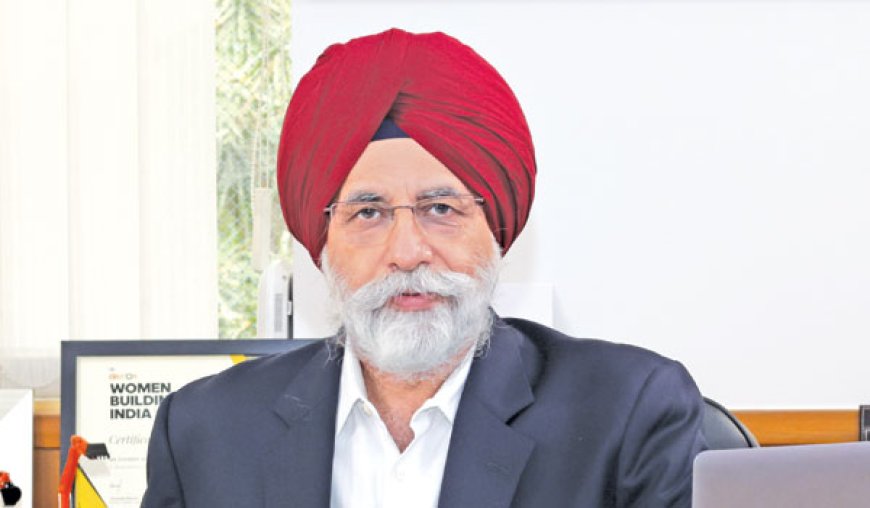
According to Sandeep Singh, Managing Director, Tata Hitachi, said, “Ensuring Integrity in the Construction Equipment Industry: To combat the detrimental impact of illegal exports on the construction equipment industry, we at Tata Hitachi enforces rigorous screening of sales requests, particularly those lacking clarity on application, usage, its destination and mode of finance. Our export territories are strictly defined and restricted to SAARC nations. Our dealers are forbidden to export, are also exercising due diligence of their customers in line with our sales policies. Moreover, Tata Hitachi’s internal and Hitachi Construction Machinery (HCM), Japan’s policies impose penalties on us in case of violations.”
He further added, “For legitimate exports, we advise our esteemed and potential customers to procure equipment directly in their destination country rather than exporting from India and advise them to follow the guidelines stipulated by the Indian government on the export of machines.
All genuine export transactions undergo thorough scrutiny and our Hitachi Construction Machinery, Japan’s subsidiary in the destination is kept informed and permissions taken before any approvals. These measures ensure compliance, safeguarding against illicit practices and preserving the integrity of our industry. Further, as a responsible OEM - through ICEMA - we are working with the government to bring in measures to curtail this activity that impacts the country’s image as well as various stakeholders of the CE industry.”
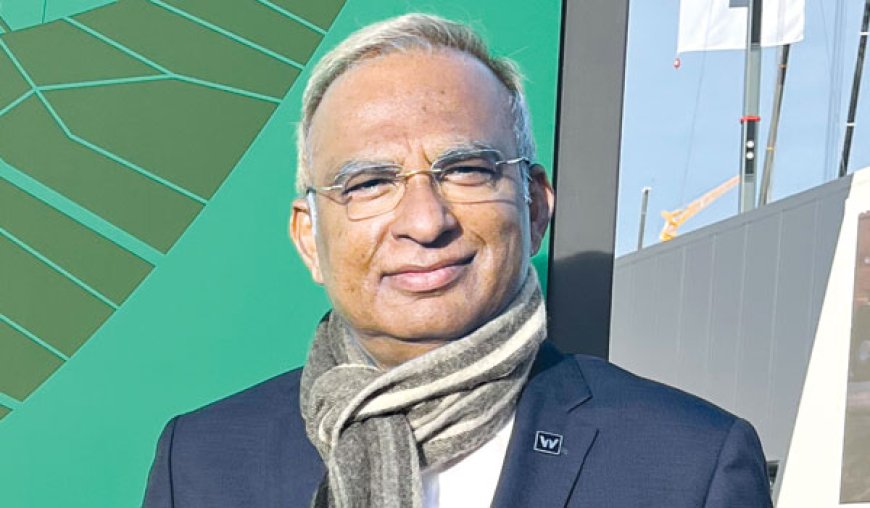
Ramesh Palagiri, Managing Director & CEO, Wirtgen India, said, “Illegal exports from India are tarnishing the image of products made in India as these products are not adequately supported locally - where they are sold and with the resulting loss of brand reputation. Equipment which are funded by financial institutions in India are also being exported which is against the law as they are for use in India.”
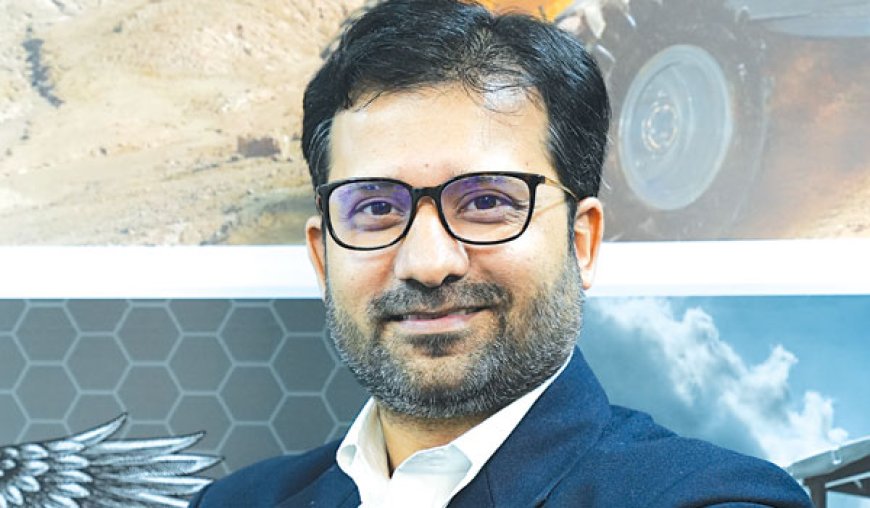
Unauthorized export transactions pose significant challenges for companies manufacturing in India, says Shalabh Chaturvedi, Managing Director, CASE Construction Equipment – India & SAARC region. “Equipment intended for domestic sales lack compatible service and parts support in destination countries when exported without authorization. This leads to downtime and performance risks, especially with emissionized engines in environments using higher sulfur fuel. Moreover, unauthorized exports create delinquency risk with limited recourse of asset repossession for financing companies. Consequentially, this effect the portfolio health of the financier and makes future loans more expensive for legitimate buyers in India due to risk premium. Additionally, this situation also exerts price pressure on legitimate dealers in those markets and dilutes the brand’s reputation. To tackle these issues, at CASE, we emphasise the importance of enhancing vigilance on susceptible models. This involves close collaboration with port authorities, monitoring geo location data using telematics and customs export data, and imposing penalties on unauthorized exporters. Working with government agencies through ICEMA is essential to establish the right institutional mechanism for deterrence,” he said.
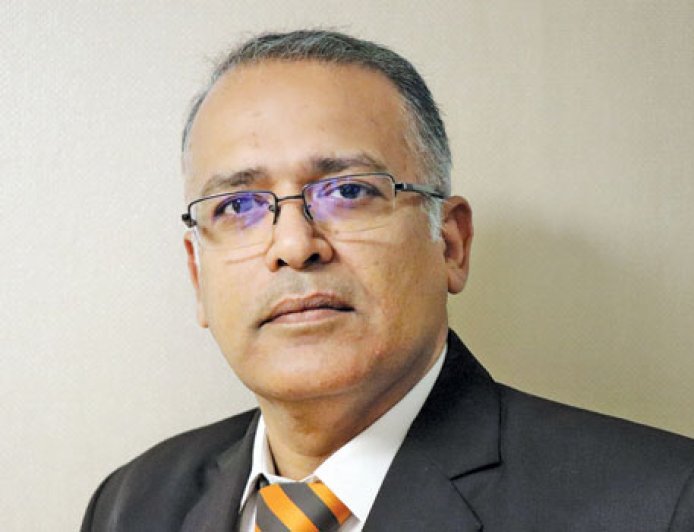
According to Manish Mathur, CEO, ACE – Action Construction Equipment, “The illegal or unauthorized export of construction equipment poses a significant challenge by disrupting the pricing structure within the industry. Unauthorized traders seeking short-term commercial gains, export machines at low prices than the market rate without any commitment to after-sales service, leading to potential maintenance and service issues in the destination countries. This not only destabilizes the value of products but also puts immense pressure on authorized dealers who find it challenging to compete with this unauthorized colony of traders. As a result, disparity in pricing results in loss of market integrity, affecting profitability and sustainability of the authorized manufacturers committed to delivering quality and after-sales services. To mitigate this issue, we strongly urge our industry players and their finance partners to collaborate on regular frameworks and adopt stringent measures to prevent the unauthorized export of equipment from our country.”
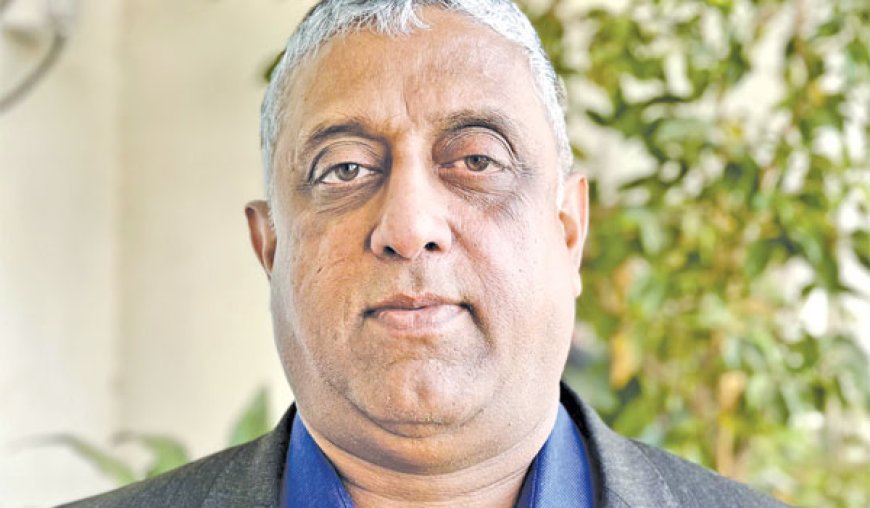
This issue has two deep rooted problems. The first being the abysmal price of equipment being sold in India, which leads to viability in selling equipment overseas, says, Amarnath Ramachandran, Managing Director, Arx Mining and Construction Equipment. “This is partly caused by the local manufacturers being forced to lower prices on account of an influx of cheap Chinese machines which also have ridiculous credit terms. Some reputed large companies also have the Chinese route as a plan B. This is probably why only our industry does not have an anti-dumping duty like the steel industry has. While everybody respects a free market, all western countries have introduced sharp tariffs to counter products coming in from China. Once prices here are increased and placed on par with global prices, nobody will export machines from here. Ours is the only industry which doesn’t make money in-line with price increases from the end customer. For example, the real estate prices in East Bangalore have moved from 7500 INR to 15000 INR. But the price of the excavator, BHL, truck mixer etc is still the same. The part about the banks at risk is not true as our Indian customs are extremely competent and insist on seeing the original invoice before clearing the export shipment. If hypothecation is marked on the invoice then a NOC is called for. This is also applicable to genuine contractors executing work for a short term overseas. As far as technical differences on the machines are concerned, emission norms are the main difference as engines suitable for India will not work well in emission lagging countries for wheeled equipment. Since our regulations have not been tightened for excavators and other off - road equipment, it is easy to export these,” he said.
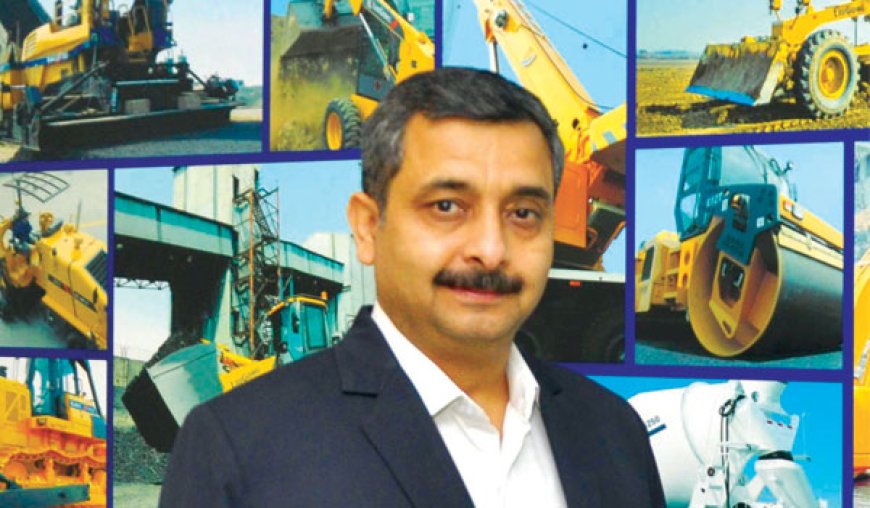
When asked Nischal Mehrotra, Sr. Vice President (Sales & Marketing), LiuGong India, he said, “Construction equipment such as excavators, backhoe loaders, and other construction equipment is exported by individuals to markets in Africa, the Middle East among others, to capitalise on the price differences that exist between the Indian and international markets. This not only puts financiers at risk, as they may be unable to repossess the asset if an account becomes non-performing, but it also distorts the global export market for original equipment manufacturers (OEMs) operating in India.”
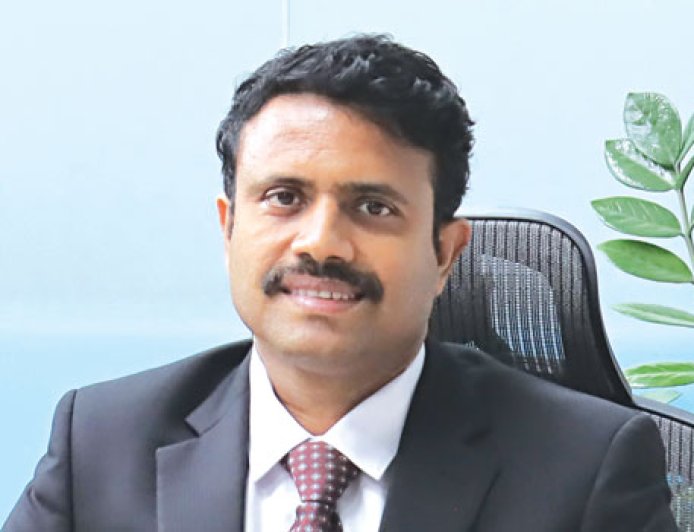
Williams R. J., Managing Director, Hail Stone Innovations, also echoed the views from the industry, “We, at Hailstone, maintain the highest standards of integrity and compliance in all its operations. Illegal exports lead to economic losses, causes safety concerns and undermines fair market competition. We are strictly against these illegal practices and take active measures to combat it. Our employees and stakeholders have been trained to watch out for suspicious activities and will report it immediately. We always take decisive legal action against individuals and entities involved in illegal exports. Whatever step is taken by each company, it is only the collective efforts that will bear fruit.”

G Arunkumar, President, Epiroc India, said, “Epiroc has taken several measures to manage compliance of trade sanctions and export control through its Trade Compliance Policy.
The policy mandates customer screening with respect to beneficial holdings, sanction countries, and products. Epiroc follows SDN’s list of sanctioned countries with guidelines to be referred to by employees engaging in cross-border trade. Localized strategies, leveraging investments, and securing supply chain are critical for reducing the impact of geopolitical risks for business.”
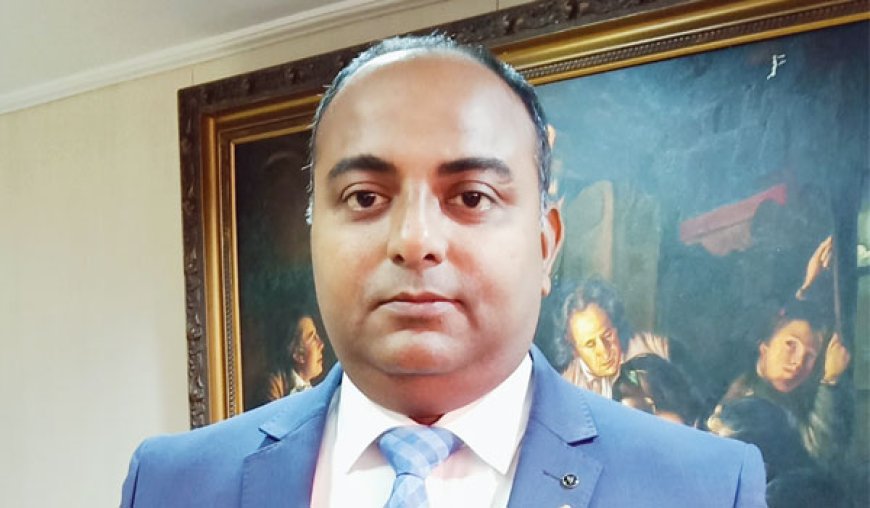
Subhajit Chandra, Divisional Head, Mobile Crane Division, Liebherr, says, “Liebherr always engages on B2B basis, that is the sole reason we have no dealer, no authorised reseller or any third party dealing on our behalf. On occasions, we have engaged in business with traders, but we have always done business with prior information and having detailed discussions about the end-user and their application. However, in the case of export of used cranes, we feel that this issue has impacted to some extent as traders are acting on their own without any information whatsoever to Liebherr. Some traders import used Liebherr cranes, make their own repairs and changes contrary to Liebherr standard and export the cranes to other markets. Liebherr has no control over any issues arising out of such supplies. We expect the authorities and especially customs department to have a system of informing and taking consent of OEM before allowing export of such equipment so as the ensure it is a legitimate supply duly authorised by the OEM and that OEM will be able to service the equipment in the market it is being exported to.”
Unauthorized exports – a significant threat
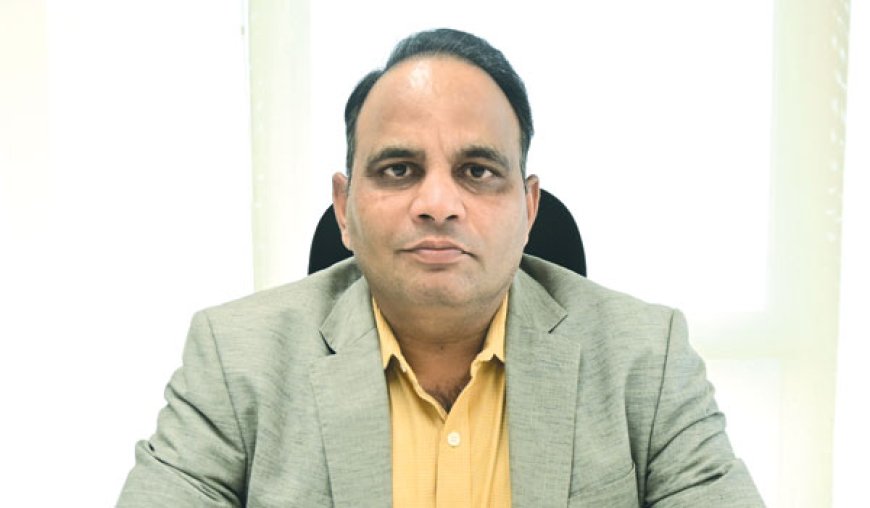
“Unauthorized exports pose a significant threat to the construction equipment industry. We’re taking proactive steps to prevent these transactions, protect stakeholders’ interests, and ensure a level playing field,” avers Sharwan Agnihotri, Head of Mining & Export Business at HD Hyundai Construction Equipment (India).
Unauthorized export transactions are those transactions that are done without the knowledge of the company about the end destination. These transactions are done by the traders in the home country for short-term commercial gains, without considering the operational or regulatory complications of the destination country. This trend of unauthorized export has been increasing for the Construction Equipment segment, especially for equipment that is not registered in India.
Such unauthorized transactions are posing many challenges before domestic manufacturers, a few of them are as below:
After Sales Support Related Issues:
• These machines are billed to domestic customers and are registered in the support system for offering after-sales benefits to these customers.
• Once these machines are exported to other countries, they might not be similar to those sold by the dealers in those countries and these machines might not be registered in their system for after-sales support benefits. The dealer service team might not be aware of the technical details of these machines for offering services in those countries.
Risk to Indian Finance Companies:
Another important issue with the unauthorized export of these machines is linked with the risk of financing companies like NBFCs and Banks. The traders involved in these transactions influence the local customers to sell the machines to them without obtaining consent from the financing banks. In case the asset is exported to other countries, financiers are at risk of not having any collateral security for such loans and the asset is not traceable for repossession.
Loss of Revenue & Profit to India Dealer:
Proactive Actions /Steps Taken by HD Hyundai
Construction to Control Unauthorised Export:
Every manufacturer/distributor in India is taking serious steps under their control, to curb these transactions, some of the steps taken by the HD Hyundai Construction Equipment India team as listed below:
• While billing a new machine to the dealer or the customer, we always mention that the machines sold are for domestic use and comply with domestic regulations only.
• We have advised all our dealers to take extra care of the buyers who want to buy machines by paying full money in advance. This applies to retail customers as they become easy targets for the traders/brokers.
• We have regular communication with finance partners for the whereabouts of the machines and keep tracking machines through the tracking system.
• Our Dealers also cooperate with the finance partners in search of machines and sometimes get machines back into the custody of the finance partner who funded the asset, thus building trust.
• Our Policy guidelines include a Penalty clause for the dealers so that it becomes a deterrent for them.
• We share time-to-time communication and warnings from the management desk to the entire Dealership fraternity to exercise all controls, checks, and balances to curb unauthorized export of our machines.
Despite all these efforts in curbing these transactions, we keep observing machines moving to various countries from India. Through our association-ICEMA, we have shared our concerns with the Government of India and its concerned ministries and will be closely working under ICEMA to arrive at a permanent solution for the benefit of all the stakeholders in the CE Industry.








